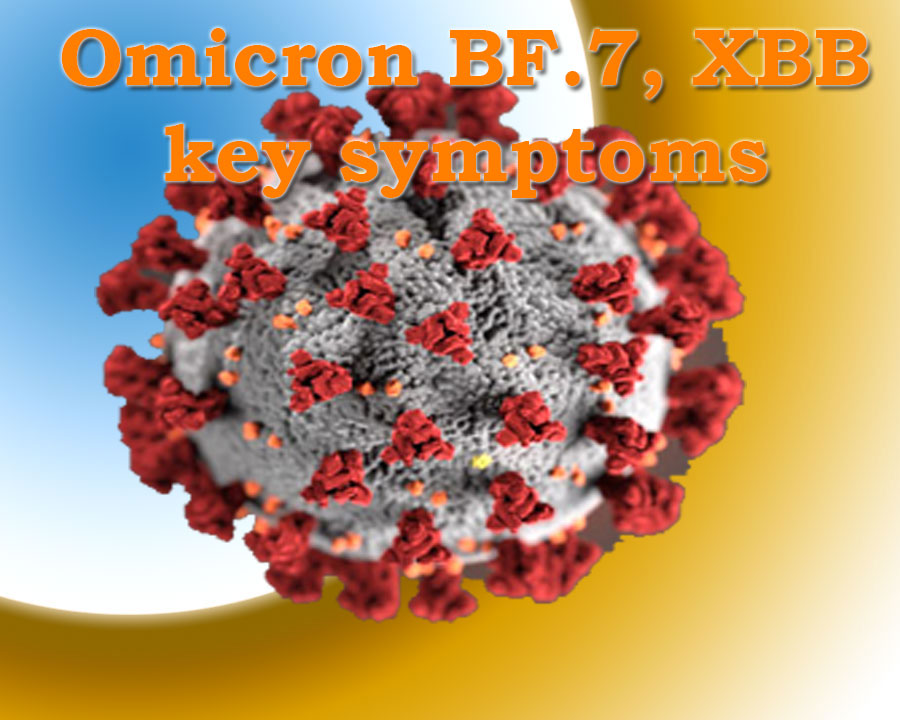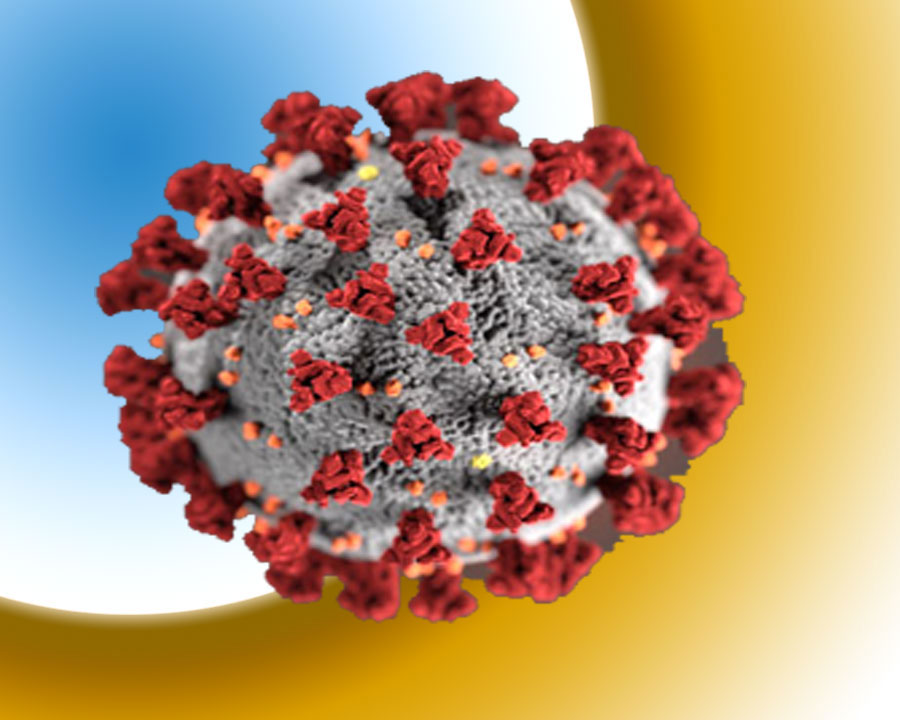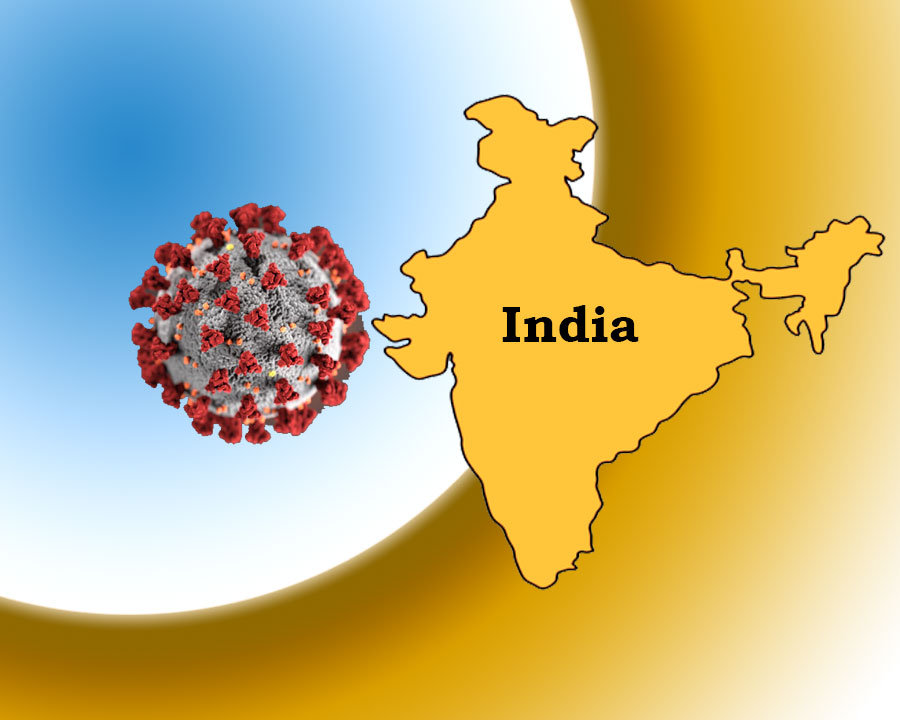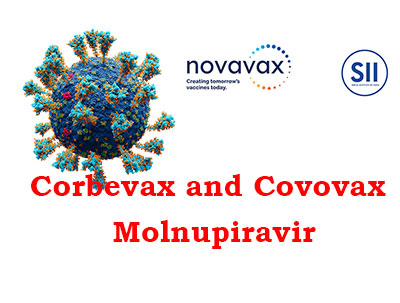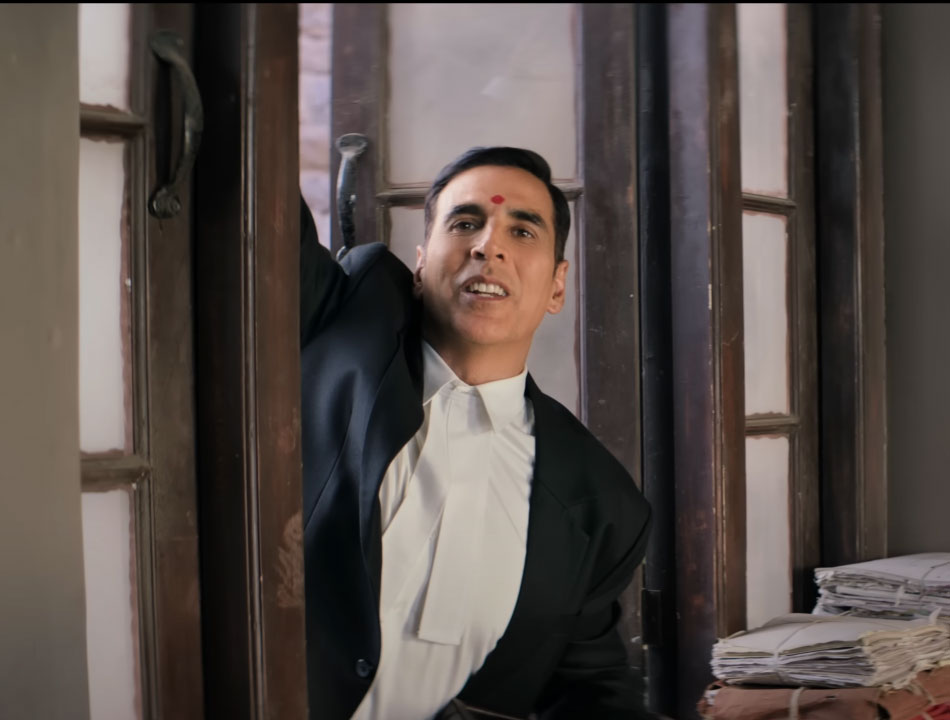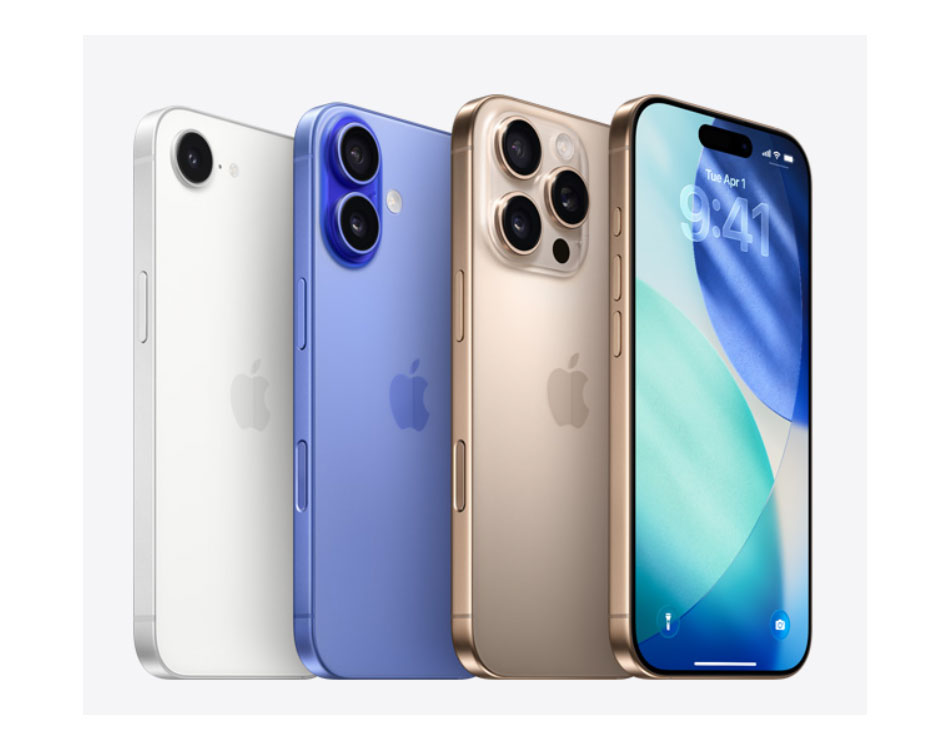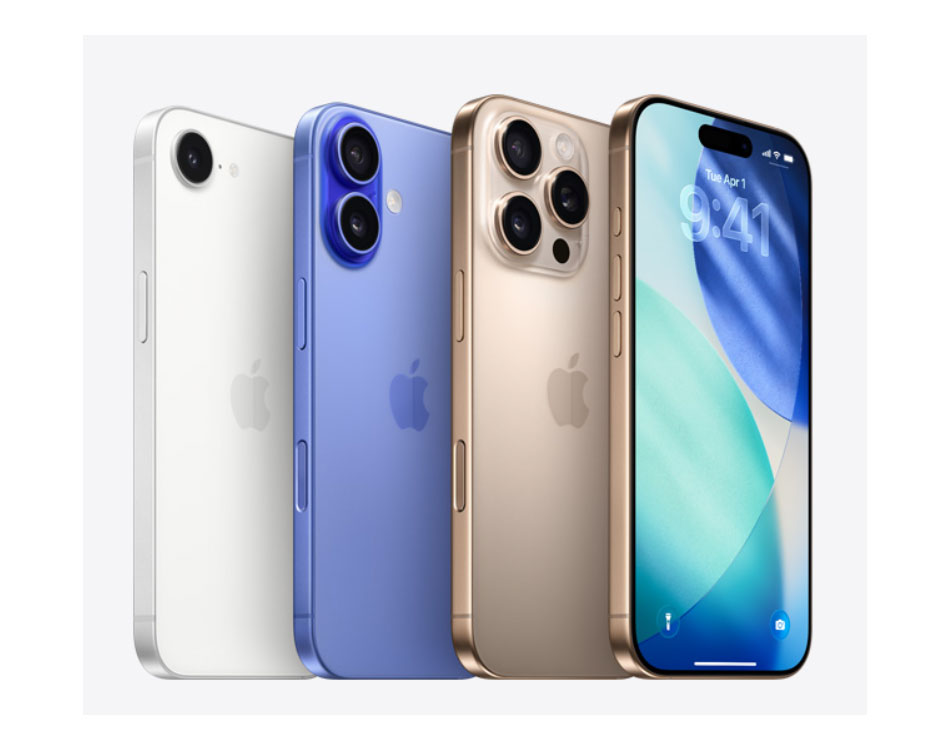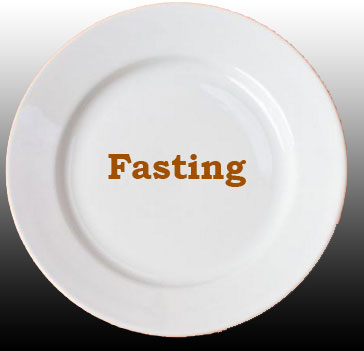
There is an ancient Indian saying that proclaims: he/she who eats once per day is a yogi (of sound body and mind that allow the person to dedicate themselves to a higher way of life); he/she who eats twice per day is a bhogi (pleasure seeker); he/she who eats thrice per day is a rogi (sick person); and he/she who eats four times a day is a drohi (a person who brings harm to himself/herself and those around them). A research report, released earlier this month, seems to validate this piece of ancient wisdom.
This mice-based study was conducted by researchers from the National Institute on Aging (NIA) at the National Institutes of Health, the University of Wisconsin-Madison, and the Pennington Biomedical Research Center, Baton Rouge, Louisiana. The findings, published in the journal Cell Metabolism, state that overall health and longevity improved in mice that were subjected to longer fasting hours. The benefits were optimal for mice that ate just one meal per day and thus had the longest fasting hours. The most surprising part in this study was that the fasting mice derived these benefits, such as improvements in age-related liver disease and metabolic disorders, regardless of what they ate.
Another study report released in June this year by researchers at the University of Illinois, Chicago also supports this finding. This study focused on time-restricted eating, a type of fasting that restricts food consumption to select hours every day. The research team worked with 23 obese volunteers in the age range of 45 and with an average body mass index (BMI) of 35. The subjects could eat any kind of food they wanted to their heart’s content between 10am and 6pm. However, they were allowed to have only water or calorie-free beverages between 6pm to 10am. The findings of the trial, held over 12 weeks, were compared to those from another type of fasting trial. Those in the 16-hour fasting study consumed fewer calories, lost more weight and had better blood pressure outcomes.
These two studies are not isolated examples. Several other studies also point in this direction. This goes against the prevailing wisdom among dieticians that eating smaller, more frequent meals is the way to manage weight and regulate metabolic disorders. They hasten to add that these meals/snacks have to comprise healthy foods. Proponents of this approach provide two major reasons. One is that eating frequently keeps us satiated throughout the day; on the other hand, once hungry we may overeat or choose unhealthy foods to satisfy our cravings. Secondly, it is argued that eating frequently keeps the metabolic rate and blood sugars steady.
Going by various reports that point in the opposite direction, this conventional approach stands to be soon dubbed a ‘myth’. Some experts point out that the metabolic energy spending, used to digest food and assimilate nutrients, is based on the quantity of food to be digested. This energy spending is known as Thermal Effect of Food (TEF), and is 20-30% of calorie value for proteins, 5-10% for carbohydrates and 0-3% for fat. Averaged out based on the composition of a typical meal, TEF amounts to 10% of total calorie value per meal. Thus, whether you have just two meals of 1000 calories per day or four 500 calories, the total energy spending remains the same at 200 cal.
There may also be a genetic explanation for the benefits of longer daily fasting hours. It is that our genes are still aligned to the ways of our hunter-gatherer ancestors in the Paleolithic era. People of that era understandably had intermittent episodes of feasting and famine. In other words, our genes haven’t yet adapted to the abundance and variety of food available now. This may also be the reason for the epidemic levels of metabolic disease today.
--Uma Sivaprakash


